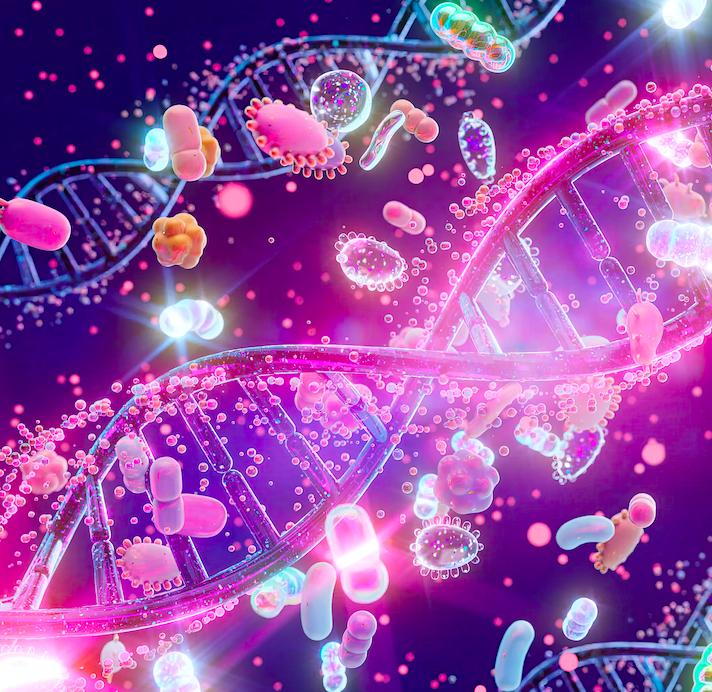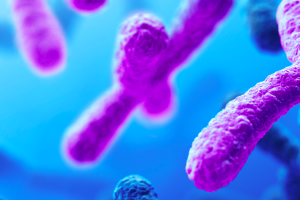
Nutrition and Health: Human Microbiome
The human microbiome is a complex collection of microorganisms living in and on the human body. The microbiome consists of bacteria, fungi, and viruses, which play a crucial role in maintaining the body’s health and balance. Most of these organisms are concentrated in the digestive system, where they aid in digestion, stimulate the immune system, and influence a range of biological processes related to overall health.
The Importance of the Microbiome in Digestion
Gut bacteria play a key role in breaking down foods that the body cannot digest on its own, such as plant fibers. These bacteria convert these substances into nutrients and short-chain fatty acids that nourish the cells of the intestinal lining and maintain the health of the digestive system. This collaboration between the body and the microbiome contributes to more efficient absorption of vitamins and minerals.
The Microbiome and the Immune System
The human microbiome is not only involved in digestion but also plays a fundamental role in regulating the immune system. It helps train the immune system to distinguish between beneficial and harmful organisms, thereby reducing the risk of infections and immune-related diseases. In fact, microbiome balance is crucial in preventing the development of chronic diseases such as diabetes and heart disease.
The Impact of Nutrition on Microbiome Health
Nutrition plays a central role in shaping the composition of the microbiome. A diet rich in fiber, fruits, and vegetables promotes the diversity of beneficial bacteria in the gut. Conversely, a diet high in fats and sugars can disrupt the microbiome balance, increasing the likelihood of inflammation and health issues.
Factors Affecting the Microbiome
In addition to nutrition, other factors affect microbiome health, such as the use of antibiotics, which can kill both beneficial and harmful bacteria, and psychological stress, which can impact the balance of gut bacteria. Environmental changes, such as moving to a new environment or exposure to new sources of pollution, can also affect the microbiome’s composition.
The Future of Medicine and the Microbiome
In recent years, scientists have begun exploring how the microbiome can be used as a tool for treating diseases. For example, some studies are investigating the use of beneficial bacteria to improve gut health or treat chronic inflammation. This promising field may hold significant potential for treating diseases in new and unconventional ways.
Conclusion
The human microbiome is a vital component of human health, playing a central role in many biological processes. Maintaining a healthy and balanced diet supports microbiome health and positively affects overall well-being. By understanding the importance of this internal ecosystem, we can improve quality of life and prevent many diseases.
Tag:Human Microbiome

